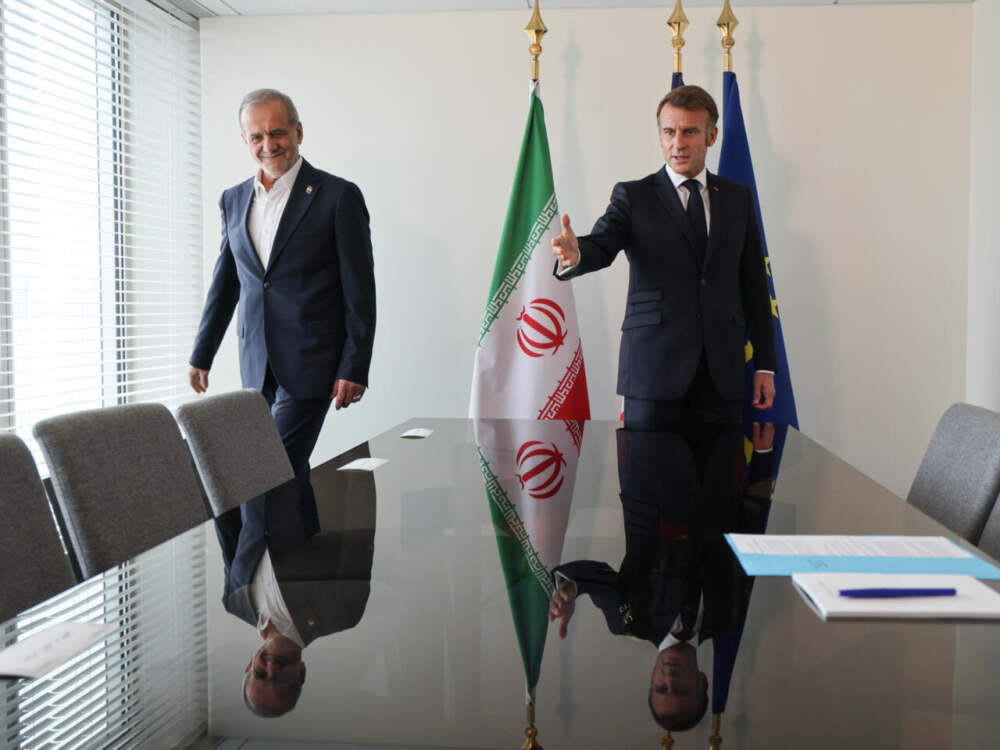The United Nations has reinstated international sanctions on Iran after a dramatic Security Council showdown ended without agreement. The decision comes under the “snapback” mechanism of the 2015 nuclear deal, marking a significant escalation in global pressure on Tehran.
Failed Push to Delay
Russia and China had sought to delay the reimposition of sanctions through a last-minute resolution, but their efforts gained little traction. Only a handful of countries supported the measure, leaving the automatic sanctions trigger to take effect once the deadline passed.
The sanctions were requested by Britain, France, and Germany, who accused Iran of failing to comply with nuclear obligations under the Joint Comprehensive Plan of Action (JCPOA).
What the Sanctions Mean
The measures now back in place include:
- A ban on the sale and transfer of conventional weapons to Iran
- Restrictions on uranium enrichment and related nuclear activities
- Travel bans and asset freezes on officials linked to the nuclear and missile programs
- Prohibition of international support for Iran’s ballistic missile development
Analysts note that while these restrictions carry symbolic weight, their effectiveness will depend heavily on how strictly nations enforce them. Some states aligned with Tehran may attempt to soften or bypass the measures.
Tehran’s Reaction
Iran has strongly condemned the move, calling it “unjust and illegitimate.” President Masoud Pezeshkian vowed that the country would resist economic pressure and continue pursuing its national interests. In a show of defiance, Iran recalled its ambassadors from the U.K., France, and Germany for consultations.
Domestically, the sanctions have already intensified economic strain. The Iranian rial has weakened further, inflation is climbing, and citizens are bracing for higher prices and potential shortages of basic goods.
Global Reactions
Israel quickly welcomed the snapback, urging strict enforcement to prevent Iran from advancing its nuclear program. Western powers framed the development as proof that mechanisms within the 2015 nuclear deal remain effective, despite years of setbacks. European leaders have stressed that while sanctions are back, diplomatic channels remain open if Iran chooses to return to negotiations.
The Road Ahead
The reimposition of sanctions represents more than a legal technicality — it reopens a period of heightened tension between Iran and the international community. The crucial question now is how Tehran will respond: whether it scales back nuclear activity to ease pressure or escalates by restricting access to international inspectors.
For the Iranian people, the decision signals renewed hardship. For the wider world, it marks a dangerous new stage in one of the most consequential nuclear disputes of the century.
















Leave a Reply